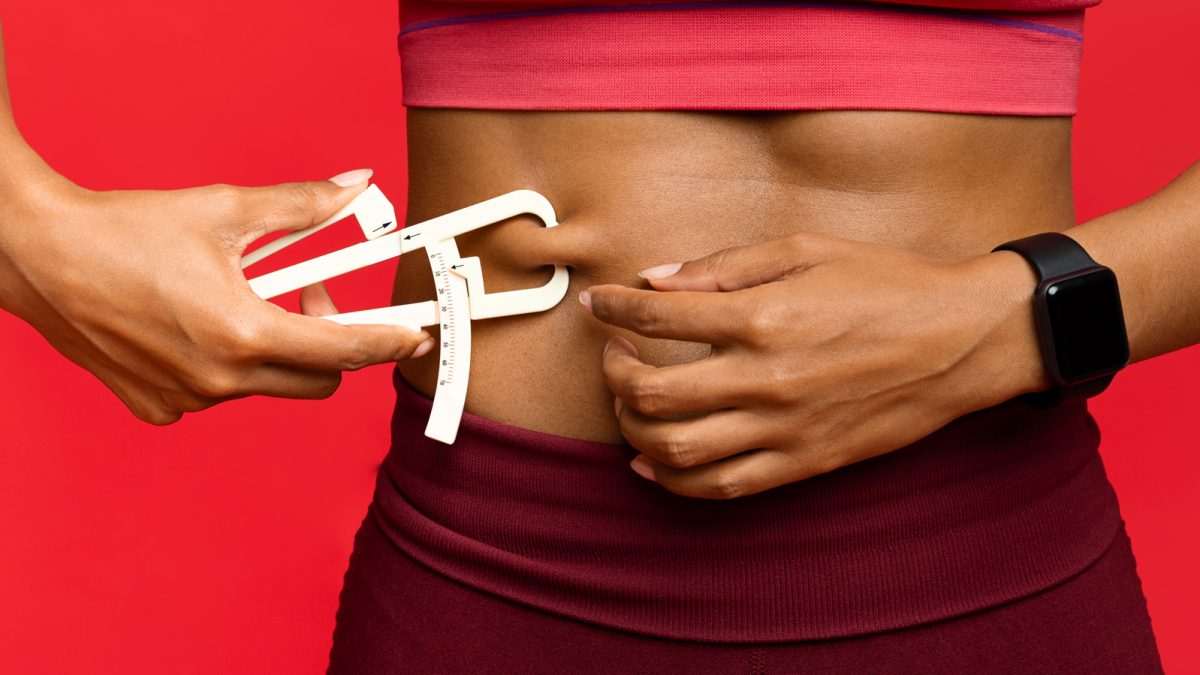
Keep your goals to yourself – Derek Sivers
7 de fevereiro de 2020
Try something new for 30 days – Matt Cutts
14 de fevereiro de 2020The world is obsessed with fad diets and weight loss, yet few of us know how a kilogram of fat actually vanishes off the scales.
Even the 150 doctors, dietitians and personal trainers we surveyed shared this surprising gap in their health literacy. The most common misconception by far, was that fat is converted to energy. The problem with this theory is that it violates the law of conservation of matter, which all chemical reactions obey.
Some respondents thought fat turns into muscle, which is impossible, and others assumed it escapes via the colon. Only three of our respondents gave the right answer, which means 98% of the health professionals in our survey could not explain how weight loss works. So if not energy, muscles or the loo, where does fat go?
The enlightening facts about fat metabolism
The correct answer is that fat is converted to carbon dioxide and water. You exhale the carbon dioxide and the water mixes into your circulation until it’s lost as urine or sweat.
If you lose 4.5 kilos of fat, precisely 3,8 kilos comes out through your lungs and the remaining 700 grams turns into water. In other words, nearly all the weight we lose is exhaled.
How your body fights back when you diet
This surprises just about everyone, but actually, almost everything we eat comes back out via the lungs. Every carbohydrate you digest and nearly all the fats are converted to carbon dioxide and water. The same goes for alcohol.
Protein shares the same fate, except for the small part that turns into urea and other solids, which you eliminate as urine.
The only thing in food that makes it to your colon undigested and intact is dietary fiber. Everything else you swallow is absorbed into your bloodstream and organs and, after that; it’s not going anywhere until you’ve vaporized it.
Eat less, exhale more
So if fat turns into carbon dioxide, could simply breathing more make you lose weight? Unfortunately not. Huffing and puffing more than you need to is called hyperventilation and will only make you dizzy, or possibly faint. The only way you can consciously increase the amount of carbon dioxide your body is producing is by moving your muscles.
But here’s some more good news. Simply standing up and getting dressed more than doubles your metabolic rate.
More realistically, going for a walk triples your metabolic rate, and so will cooking, vacuuming and sweeping.
Metabolizing 2,8 kilos of fat consumes 8,2 kilos of oxygen and produces 8,1 kilos of carbon dioxide plus 8,2 kilos of water. The food you eat can’t change these figures.
Therefore, to lose 2,8 kilos of fat, you have to exhale 8,2 kilos of carbon dioxide on top of what you’ll produce by vaporizing all your food, no matter what you eat.
Any diet that supplies less “fuel” than you burn will do the trick, but with so many misconceptions about how weight loss works, few of us know why.
Eating Habits
- In your opinion, what do we need to eat to be healthy?
- What is the most unhealthy food you can think of?
- What do people need to eat more of?
- Do you usually eat healthy food?
- What are some different types of diets you have heard of?
- Do you think your parents ate healthier food at your age than you do? How about your grandparents?
- Do you eat a lot of small portions or a few large portions of food each day?
- Do you think people from your country usually eat healthy food?
- What are some things about your eating habits you want to change?
- Do you think that organic food is much better than normal food or are they about the same?
- Why is organic food so much more expensive?
- What is traditional food in your country like? Is it healthy ?
- Why have Brazilians been changing their eating habits? Are the new habits better or worse?
- Do you think that a person’s eating habits affect how long they will live?
Say whether the sentences below are myths or true:
- Wooden cutting boards accumulate bacteria
- Salty water boils faster
- Eggs increase your blood cholesterol
- Aluminum cookware can cause Alzheimer’s disease
- Energy drinks gives you energy
- Fried food can cause heart-related disease
- You should consume 5 small portion meals a day
- Vitamin C fights against flu and colds
- Coffee is bad for your heart
- Carrots lose nutrients when they are cooked
- Skinning the chicken will make it lower in calories
- Carbonate drinks are bad for your health
- Eating a lot of spices can cause ulcers
- Alcohol consumption kills brain cells
Answers: 14 Famous Food Myths Busted By Science – www.youtube.com





